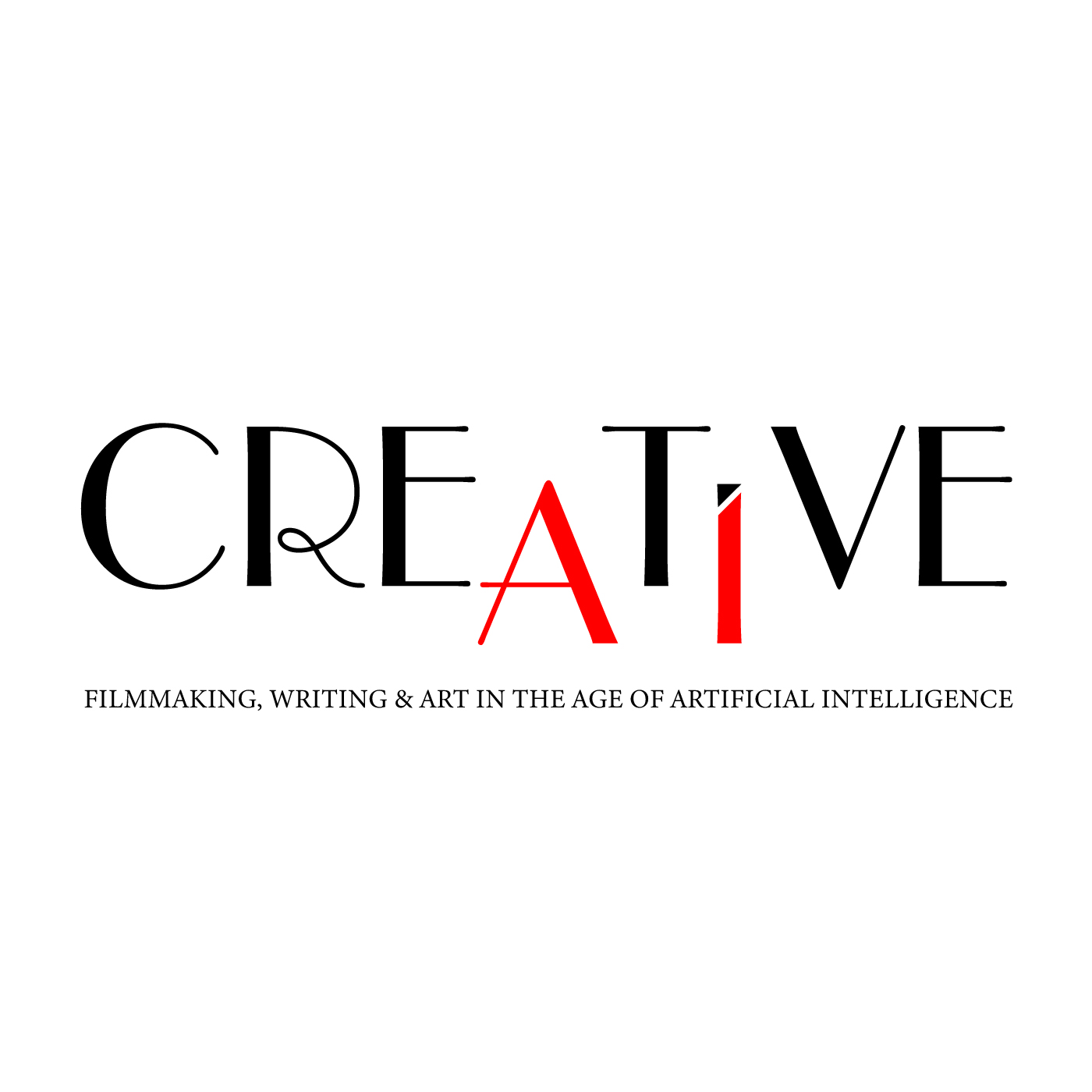
Creative AI: Filmmaking, Writing & Art in the Age of Artificial Intelligence
AI is a Catalyst to Conceptualize in New Ways: Erin Reilly
25 Mar 2025
Charisma.ai, Inworld AI, Ready Player Me, Eleven Labs, RunwayML, Kyber -- this week's guest Erin Reilly, the Founding Director of the Texas Immersive Institute, is exploring the outer edge of AI tools as both a creator and a professor. Listen in to hear her talk about her iterative experimentation! **** This week, Erin Reilly and I discuss her extensive experience with AI, particularly in the context of fandom engagement and character development. She shares insights on how AI can enhance personal connections and learning experiences through the creation of digital twins and virtual beings. The discussion also explores the future of AI in education, emphasizing the importance of creativity and the evolving role of technology in the classroom. We hit on a lot of different topics along the way: the integration of generative AI in education, the importance of accessibility and participation in creative tools, and the evolving role of AI as a catalyst for creativity. The conversation also touches on the future of AI in creation, addressing concerns about copyright and the need for a critical approach to using AI tools. Takeaways * Erin has over a decade of experience working with AI. * She identified eight core motivators for fan engagement. * AI can scrape social media data to analyze fandoms. * Creating characters that are fallible can enhance learning. * Digital twins can provide personalized educational experiences. * AI can serve as a personal assistant in educational settings. * The importance of social and emotional learning in AI interactions. * AI tools are rapidly evolving and impacting creative workflows. * Students are integrating AI into their creative processes from the start. * The future of education may involve AI teaching assistants. * The participation gap in access to creative tools is significant. * AI can enhance creativity rather than replace it. * Students need to experiment with AI to form informed opinions. * Accessibility to tools is crucial for equitable education. * Generative AI can be used for social impact and change. * AI tools should be critically analyzed, not just accepted at face value. * The future of creative work will involve a blend of human and AI collaboration. * Copyright issues surrounding AI-generated content need to be addressed. * Students should be encouraged to create and innovate using AI tools. Sound Bites "I created a character that knew it was fallible." "I think we can try getting it to be a human." "Every semester it gets better." "We call it the participation gap." "Use it for good, right?" "AI is a catalyst to conceptualize in new ways." "You can't think of it that it's replacing you." "At least try it. At least experiment." "The sandbox will still be there." "Create something magical. I love it." Chapters 00:00 Introduction to AI and Fandom Engagement 07:20 The Evolution of AI in Character Development 13:49 Creating Digital Twins and Virtual Beings 24:14 The Future of AI in Education and Creativity 28:17 Exploring Generative AI in Education 35:44 Accessibility and Participation in Creative Tools 44:09 The Role of AI as a Creative Catalyst 52:09 Navigating the Future of AI and Creation Keywords AI, fandom engagement, character development, digital twins, virtual beings, education, creativity, immersive technology, generative AI, personal assistants, Generative AI, education, accessibility, creative tools, social impact, future of AI, digital media, student engagement, creative expression, technology in art
No persons identified in this episode.
This episode hasn't been transcribed yet
Help us prioritize this episode for transcription by upvoting it.
Popular episodes get transcribed faster
Other recent transcribed episodes
Transcribed and ready to explore now
3ª PARTE | 17 DIC 2025 | EL PARTIDAZO DE COPE
01 Jan 1970
El Partidazo de COPE
13:00H | 21 DIC 2025 | Fin de Semana
01 Jan 1970
Fin de Semana
12:00H | 21 DIC 2025 | Fin de Semana
01 Jan 1970
Fin de Semana
10:00H | 21 DIC 2025 | Fin de Semana
01 Jan 1970
Fin de Semana
13:00H | 20 DIC 2025 | Fin de Semana
01 Jan 1970
Fin de Semana
12:00H | 20 DIC 2025 | Fin de Semana
01 Jan 1970
Fin de Semana